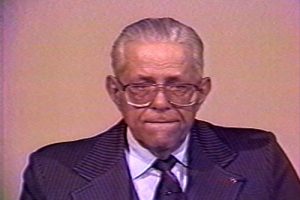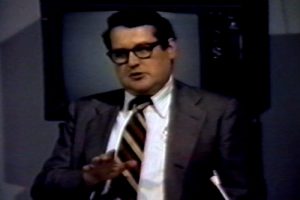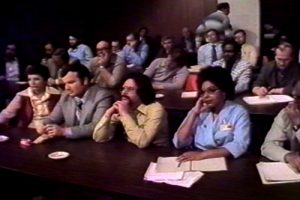207: Legal Principles Underlying Arbitration; Raising Objections and Admissibility…
Highlights:
Lecture by Mr. St. Antoine:
Under Taft-Hartley (1947), federal courts can enforce labor agreements.
In 1960 under the “Steelworkers Trilogy”, the Supreme Court held that the arbitrator is uniquely qualified.
Under the Norris-LaGuardia Act (1932) courts are given limited authority to order injunctions in labor matters.
The NLRB usually defers a claim until a pending arbitration has been completed, and it will honor the award; the EEOC and the courts give the award “great weight”, but are not bound by it.
Lecture by Mr. Sembower:
Causes for objections arise when the other side brings forward testimony inappropriate to the hearing.
Arbitrators often accept evidence “for what it is worth.”
Hearsay rules used in arbitration are more relaxed than those used in the courts.
Where a witness reads from a document, that document is subject to the scrutiny of the other side.
Calling a witness from the other side may be dangerous unless called as a hostile witness.
| Format | Two lectures |
|---|---|
| Length | 59 Minutes |
| Presenters | Theodore St. Antoine, Labor Arbitrator, former Dean, U. of Michigan Law School |


